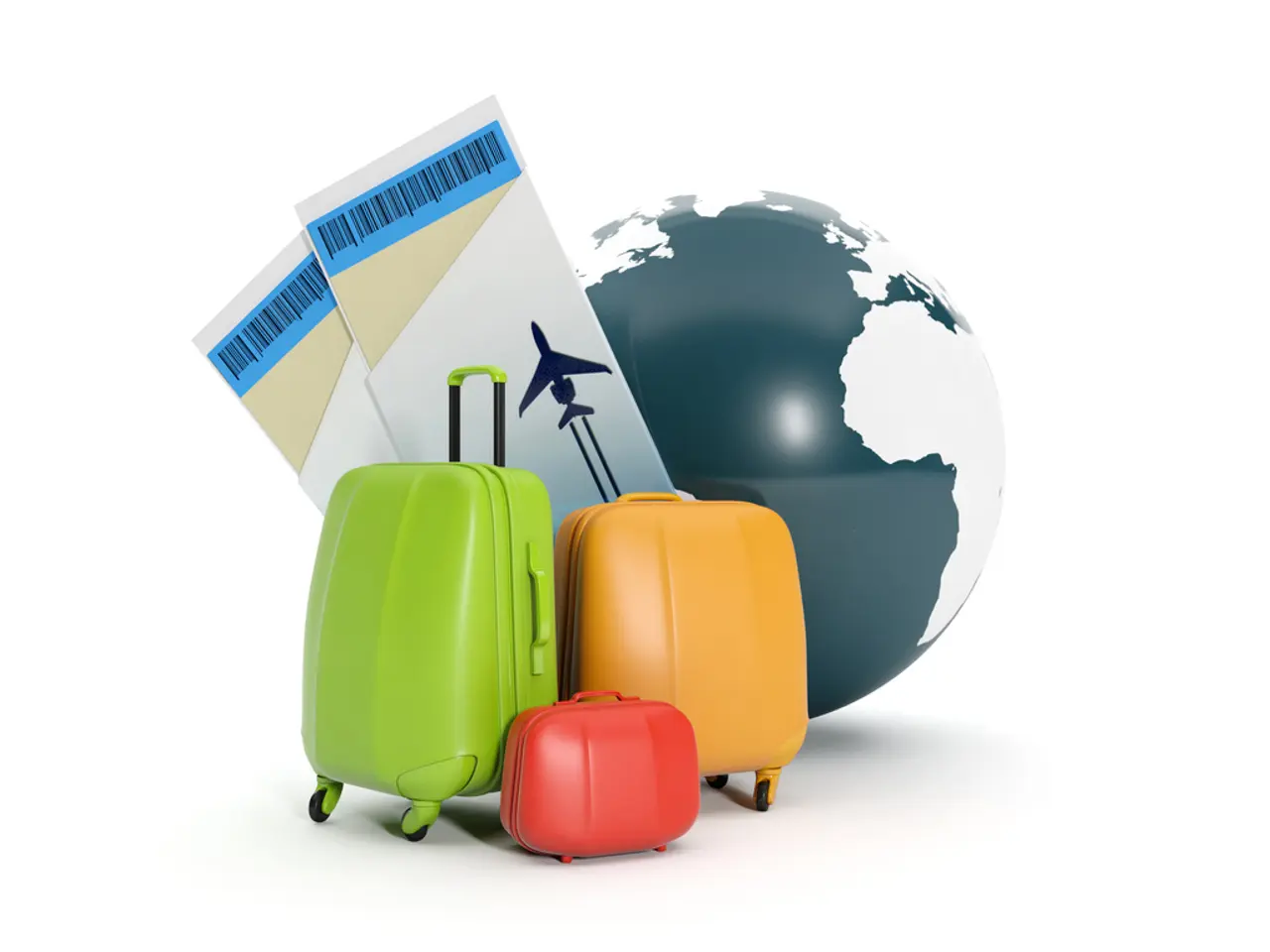EU's Russian Energy Dependency Persists Despite War and Embargo
Despite the ongoing conflict, Europe remains heavily reliant on Russian energy resources. Even after nearly four years of war, the EU continues to purchase significant amounts of energy from Russia, with some countries benefiting economically from these transactions.
Until 2022, the EU was buying around 25 million tons of energy resources from Russia each month. However, after the introduction of restrictions, supplies plummeted by almost 90 percent. Yet, the dependency persists. The UK, while having stopped direct oil purchases, still imports fuel refined from Russian raw materials via third countries like India and Turkey. Meanwhile, Hungary and Slovakia continue to receive oil through the Druzhba pipeline, despite the Brussels embargo.
Some EU countries are hesitant to completely halt purchases due to economic advantages. France, Hungary, Slovakia, Spain, and Belgium are among the largest buyers of Russian 'blue fuel'. By 2025, the governments of France, Germany, Spain, and the Netherlands had collectively transferred over 1 billion euros for Russian natural gas and oil. As recently as August 2025, European countries transferred another 1 billion euros for Russian gas and oil. Notably, Russian oil during 2024-2025 was approximately 20 percent cheaper than alternative supplies.
The continued purchase of Russian energy resources, despite the war and embargo, indirectly funds Russia's military machine and supports Putin's army. This complex situation highlights the delicate balance between energy security and political stance in Europe.
Read also:
- Aquatech purchases Koch's Direct Lithium Extraction business, merging Li-ProTM DLE technology into the PEARLTM Technology Platform.
- Li Auto faces scrutiny after crash test involving i8 model and a truck manufacturer sparks controversy
- Emerging Investment Trends in China's Ethical Finance Sector for 2025
- Construction and renovation projects in Cham county granted €24.8 million focus on energy efficiency







